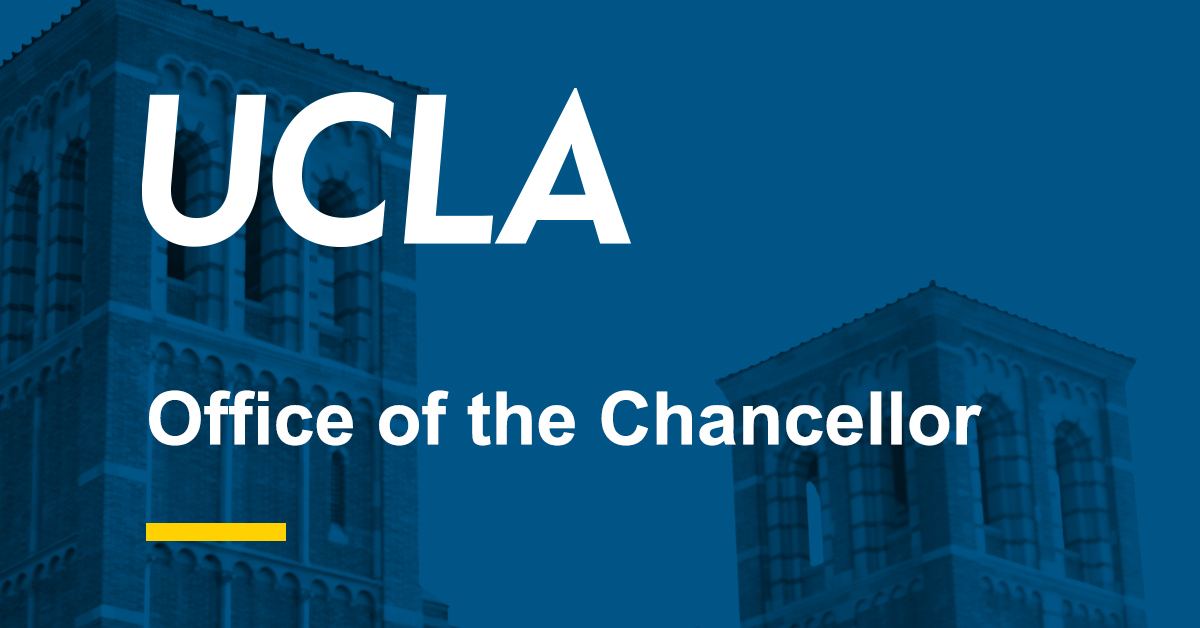Australia to bring in world’s toughest laws to smash trolls who post revenge porn and other abuse with fines up to $111,000
- Australia’s world first eSafety Commissioner is set to gain tough new powers
- Under new laws adults experiencing cyber abuse will be given protections
- Offensive material will be required to be removed, fines up to $111,000 applied
- Existing powers to aimed at safeguarding children online will also be expanded
Australia’s cyber watchdog is set to be given new powers to take on internet trolls who post revenge porn and other abuse including huge fines in a world first.
The laws provide new safeguards for adults experiencing online abuse and would require social media platforms to take down offensive material within 24 hours and and provide the identity of those who post the content.
Adults who post material which causes serious harm to victims such as revenge porn or death threats can be hit with huge fines of up to $111,000 under the new legislation being introduced to parliament.
In a world first, Australia’s cyber watchdog is set to be given new powers to take on internet trolls who post revenge porn and other abuse including huge fines (stock image)
‘Too many Australians are victims of vicious, intimidating trolling on the internet … Too often people feel they can say and do the most atrocious things online with complete impunity,’ communications minister Paul Fletcher said on Monday.
If the laws pass, Australia would become the first country in the world to require websites, social media platforms, and apps to take down abuse material directed at adults – such as revenge porn.
These cases would still require the content to be serious enough to breach the Criminal Code due to the recognition of an adult’s greater resilience.
The bill would also include protections for children who are the victims of cyber-bullying by increasing powers to a broader range of platforms such as gaming websites and messaging apps.
Online services would also be required to report to the eSafety Commissioner on how they are combating offensive online material such as child abuse, terrorism, and digital ‘lynch-mobs’ with fines applying if they fail to report.
Websites could be ordered to block access to highly offensive content, such as terrorism material, and sites which ignore take-down notices could in turn be blocked on search engines by the eSafety Commissioner.
The role of the eSafety Commissioner, the first in the world, was established in 2015 after the government found many websites were not adequately policing offensive content themselves.
The bill would also include protections for children who are the victims of cyber-bullying by increasing powers to a broader range of platforms such as gaming websites and messaging apps (stock image)









